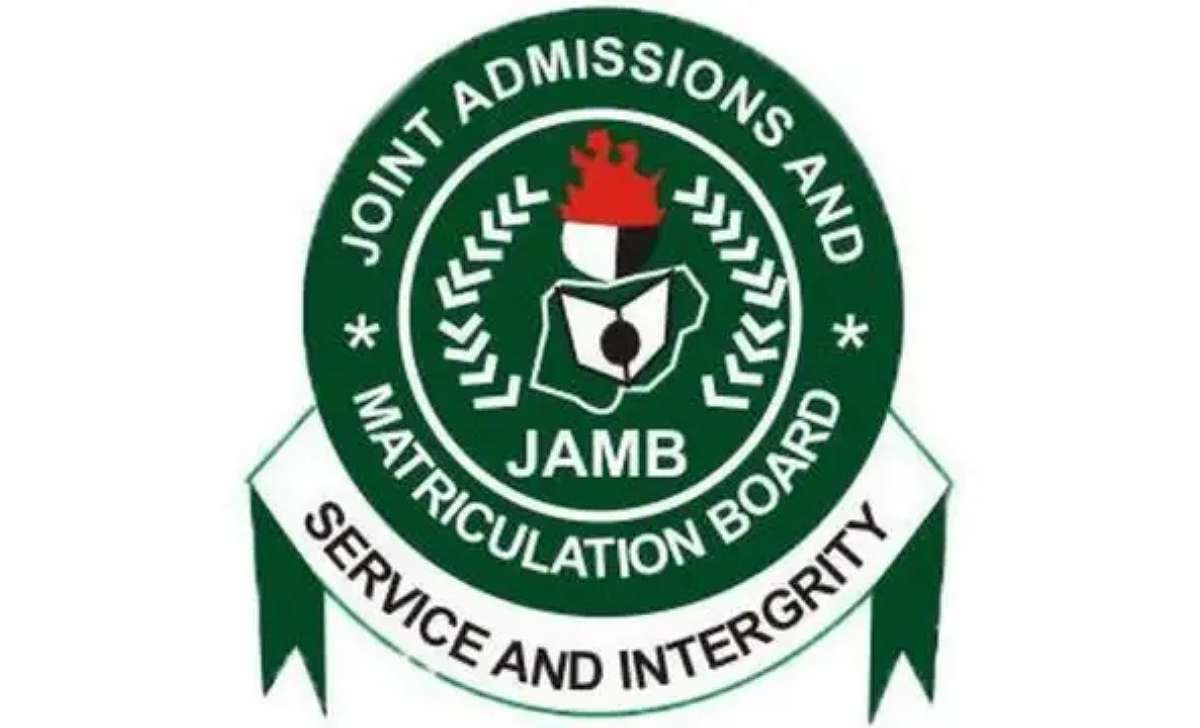Preparing for the JAMB Government exam for 2025/2026 can feel overwhelming, especially with so much to study. If you’re determined to ace it, this guide is your perfect roadmap.
We’ll break down the key areas of concentration for Government and provide tips to help you prepare efficiently.
This article is designed with students like you in mind—easy to follow and packed with everything you need to know.
JAMB Areas of Concentration for Government 2025/2026
Basics of Government: What You Must Know
Start with the fundamentals. Without understanding the basics, the more complex topics might confuse you. Here’s what to focus on:
- What is Government? Learn the definition of government and its characteristics. You’ll need to know how governments function and why they exist. Think of this as your starting point.
- Types of Government: From democracy to monarchy and military regimes, JAMB loves to test your understanding of these systems. Be ready to compare and contrast.
- Key Political Concepts: Terms like power, sovereignty, legitimacy, and authority often pop up in questions. Don’t just memorize definitions; understand how they apply in real life.
The Nigerian Constitution: Know Your History
Nigeria’s constitution is central to its governance, so expect plenty of questions in this area. Here are the major topics:
- Development of the Constitution: Study how Nigeria’s constitution has evolved—from colonial times to the present.
- Key Features of the Constitution: Focus on separation of powers, checks and balances, and fundamental human rights.
- Rule of Law: This principle is essential. Understand its meaning and why it’s critical to a functioning society.
Political Institutions: The Backbone of Governance
Political institutions form the framework of government. To excel in this section, dive into:
- The Executive, Legislature, and Judiciary: Understand their structures, powers, and how they balance each other.
- Political Parties: Know the roles political parties play in Nigeria’s democracy. Study their importance in elections and policymaking.
- Pressure Groups and Public Opinion: These groups influence government decisions, so understand how they operate.
Electoral Systems: Your Vote Matters
Elections are the heart of democracy. In this section, focus on:
- Types of Elections: Know the difference between direct and indirect elections.
- INEC (Independent National Electoral Commission): Study how INEC conducts elections and the challenges it faces.
- Voter Education and Participation: JAMB might test you on how citizens are encouraged to vote and why it’s important.
Citizenship and National Identity
Questions about citizenship are common, so focus on:
- How Citizenship is Acquired: Learn about birth, naturalization, and registration as ways to become a Nigerian citizen.
- Rights and Duties of Citizens: Understand what is expected of you as a citizen and what rights you’re entitled to.
- Nationalism: Study how Nigerians fought for independence and what it means to love your country.
International Relations and Organizations
Nigeria is a key player in international politics, so you should know about:
- International Organizations: Focus on the United Nations (UN), African Union (AU), and ECOWAS. Understand their goals and Nigeria’s contributions.
- Nigeria’s Foreign Policy: Learn the objectives of Nigeria’s foreign policy and how it shapes relationships with other countries.
Military Rule and Democratic Government
Nigeria’s history is full of transitions between military and civilian governments. Key areas include:
- History of Military Regimes in Nigeria: Study the major military leaders and their impact on governance.
- Challenges of Civilian Rule: Understand the struggles Nigeria has faced in maintaining democracy.
Nigerian Political Development: From Past to Present
This section looks at Nigeria’s journey to independence and beyond:
- Pre-Colonial Political Systems: Learn how the Igbo, Yoruba, and Hausa-Fulani governed themselves.
- Colonial Administration: Study how British rule shaped Nigeria’s political landscape.
- Struggle for Independence: Know the key figures like Nnamdi Azikiwe, Obafemi Awolowo, and Ahmadu Bello.
How to Study Effectively for JAMB Government
To make the most of your study time, follow these tips:
- Use the JAMB Syllabus: Download the official syllabus from JAMB’s website. It’s your ultimate guide.
- Practice Past Questions: Past questions give you a feel for what to expect. Pay attention to repeated topics.
- Stick to Recommended Textbooks: Some textbooks cover the syllabus better than others. Ask your teachers for recommendations.
- Create a Study Schedule: Break your study sessions into manageable chunks. Cover one topic at a time.
- Join Study Groups: Discussing topics with others helps you understand them better. Plus, it makes studying less boring.
- Stay Updated on Current Affairs: JAMB sometimes asks questions based on recent events, so read the news.


